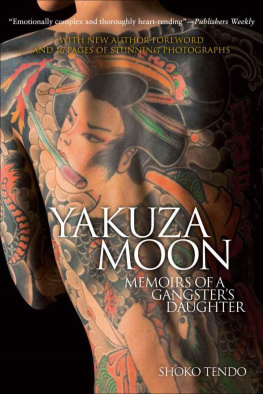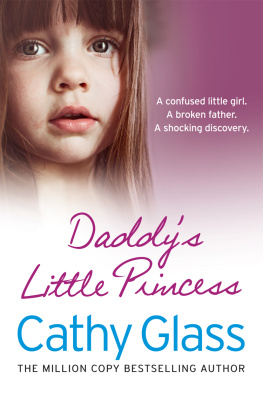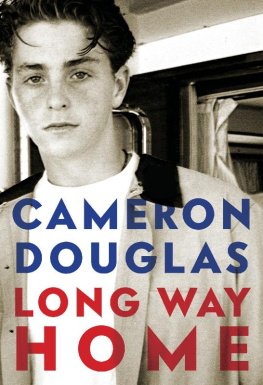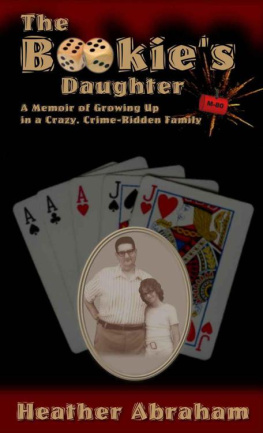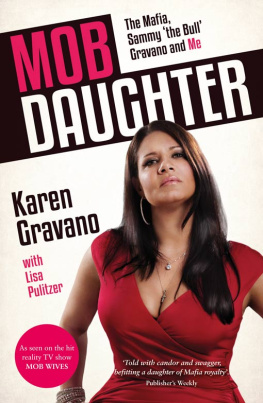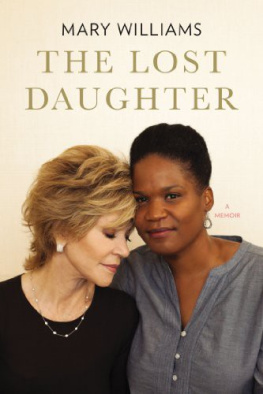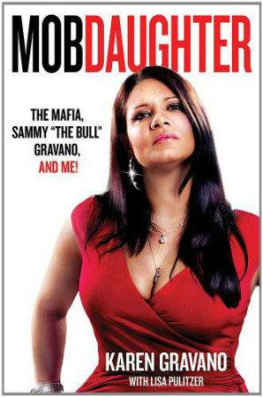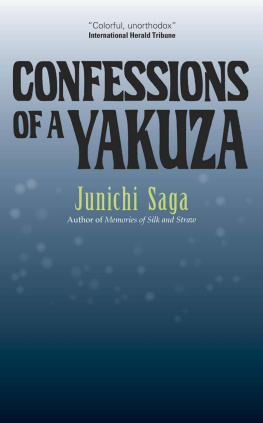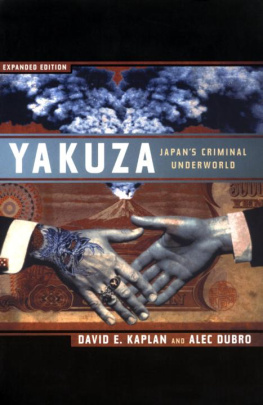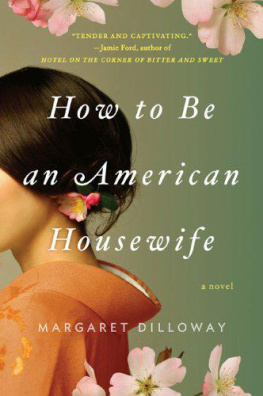YAKUZA MOON
MEMOIRS OF
A GANGSTERS
DAUGHTER
SHOKO TENDO
Translated by Louise Heal
KODANSHA INTERNATIONAL
Tokyo New York London
In memory
of
my parents
CONTENTS
Afterword How Full is the Moon?
by Manabu Miyazaki
NEW FOREWORD
TO THE
PAPERBACK EDITION
More than four years have passed since Yakuza Moon was first published in Japanese. Writing this book was a way of finally facing the demons that had plagued me all my life, and when I finally completed the manuscript in 2004, I felt as though a burden had lifted from my shoulders and I could smile again for the first time in a long while. But although Id written the book always bearing in mind the words my father wrote to me in a letter before he died Shoko, please continue to believe in yourselfI never imagined that the book would become so successful.
After an initial doubtful print run of only one thousand copies from my first Japanese publisher, the book has sold close to one hundred thousand copies in Japan, and has now been translated into more than a dozen foreign languages. Its amazing to think that my story has been read from Italy to Thailand and everywhere in between! These are places I have only visited in the pages of the storybooks that were my refuge when I was bullied as a child.
Over the course of these last four years, Ive thought long and hard about why the book has been so successful, not just in Japan, but all over the world.
One thing, perhaps, that makes Yakuza Moon different from previous Japanese books and movies about the yakuza is that other writers and directors usually portray the yakuza protagonist as some kind of hero. In this book, you wont find a single good yakuza, or a yakuza portrayed in a glamorous way. Youll see my father, once a powerful gang boss, fall ill and slide into poverty. Youll see a subculture of drugs and violence. But what youll also find is a portrait of a family, although youll notice that I had to go through some hard lessons before I learned to truly appreciate my parents.
When the book was published in Japan, I was a little worried about the reaction I would get from the yakuza world. But by sticking to my own experiences and doing my best not to incriminate anyone else who features in my story, I didnt really have any bad reactions. In fact, most yakuza readers have reacted favorably to my honest portrayal of the yakuza lifestyle.
One of the most common questions Ive had from non-Japanese readers and journalists is: What exactly is the yakuza? One of the simplest explanations is that it is the equivalent of the Japanese mafia, but maybe this is too simple. The literal meaning of the word yakuza is rooted in a territory, taking care of that territory. A good example of what this can mean is the Kobe earthquake of 1995, when the first group of people to come forward with aid supplies were the yakuza, not the government, although unsurprisingly this was not reported by the media.
But this book is not just about the yakuza. Its the story of my life and in it youll find the universal themes and concerns that anyone, of any walk of life, of any nationality, can relate to: bullying, delinquency, drugs, imprisonment, love, violence, marriage, divorce, debt, eating disorders, attempted suicide, sickness, and death. However happy and perfect our lives may look from the outside, we all have our problems. I think many readers have come to the book knowing little about the yakuza world but they have been able to relate in some way to the hardships that I have experienced.
The various images of my naked tattooed back that have appeared on the jackets of the domestic and international hardcover and paperback editions of the book have been a huge talking point, and over the last four years I have had to answer questions about my tattoo to journalists from all over the world. Ive been amazed that foreign readers and journalists have displayed little prejudice or negativity toward my tattoo. The type of full-body tattoo that I have has always been taboo in Japan because of its yakuza associations. But as you will realize once youve read the book, for me getting a tattoo was something very positive that empowered me and made me strong, and helped me break out of the self-destructive patterns I had been repeating. When I decided to go for the full-body tattoo I was aware of course that in a way I was limiting my chances in life, but at the same time I felt that for the first time ever I was being honest about who I was and about where I came from. My father was a yakuza boss. That is one of the truths of my life. I dont look back on my yakuza childhood with longing, and Im well aware of the ugly things that yakuza do, but on the other hand I loved my father and I dont disrespect him for choosing the life he did. One of my earliest memories of my father is of the beautiful tattoo of Jibo Kannon, the Buddhist goddess of mercy, which covered his back. And of the tattooed young men in his gang who were always at our house. My decision to get a tattoo was like acknowledging my DNA, and I have derived great comfort and strength from this. Getting a tattoo was a bit like writing this book: they were both things I needed to do for myself, to find out where I belonged in the world.
My readers have ranged from high schoolers to eighty-year-olds. Ive had fan letters from the presidents of huge corporations. Ive had heartbreaking emails from young girls involved in prostitution, looking for a way out. Ive had a surprising number of letters from murderers serving time in prison. Why did they seem to feel such a sense of intimacy with me, I used to wonder. It was only after entering into correspondence with some of these prisoners that I realized it wasnt just the usual thing of people thinking they know all about you because theyve read the book. Almost without exception, these people came from complicated family backgrounds and had strong feelings of disconnectedness and alienation. That was something we had in common, and I have ended up having a really rewarding exchange of letters with some of these prisoners. But Ive had some strange dealings with readers too. Ive had a lot of letters from male readers in Japan saying, Tendo-san, why dont you marry me? Ill make you happy. I hope you dont think Im bragging about thisIm merely sharing with you my puzzlement that my story should inspire such a reaction! One guy sent me a letter that went: I feel sorry for you. I can buy you a house, a car, anything you want. Yes, I want money. Of course I want nice things. But Im not someone you should feel sorry for. And I know that material things cant satisfy the heart. That was one letter I didnt bother replying to.
Shoko, please continue to believe in yourself...
My knowledge of the world is limited and my writing is poor. But I have always kept my fathers words in my mind as Ive struggled to do my best. My clumsy prose has been accepted by so many people: yakuza and non-yakuza, Japanese and non-Japanese. It just goes to show that if you believe in yourself and you do your best, the road will open before you. Of course the success of this book is due in largest part to you the reader, who picked it up and read it, and for this I thank you from the bottom of my heart.
In 2005 my daughter was born. Her father has nothing to do with the yakuza world, but our relationship had its complications, and now I find myself a single mother. I had never envisaged a future with a child, and there have been times when bringing her up has been unbearably hard. But she has taught me a lot, and sometimes I feel as though the two of us are growing up together. And the joys of being a mother far outweigh the hard times. My daughter has reminded me of my own childhood, and that even when my family fell on hard times, there were good times too. Family. Its taken me a long time to appreciate this, but now I know that family is the place where Ive always been happiest. And now that I have a daughtera family of my ownthat makes me happier than anything in the world.

